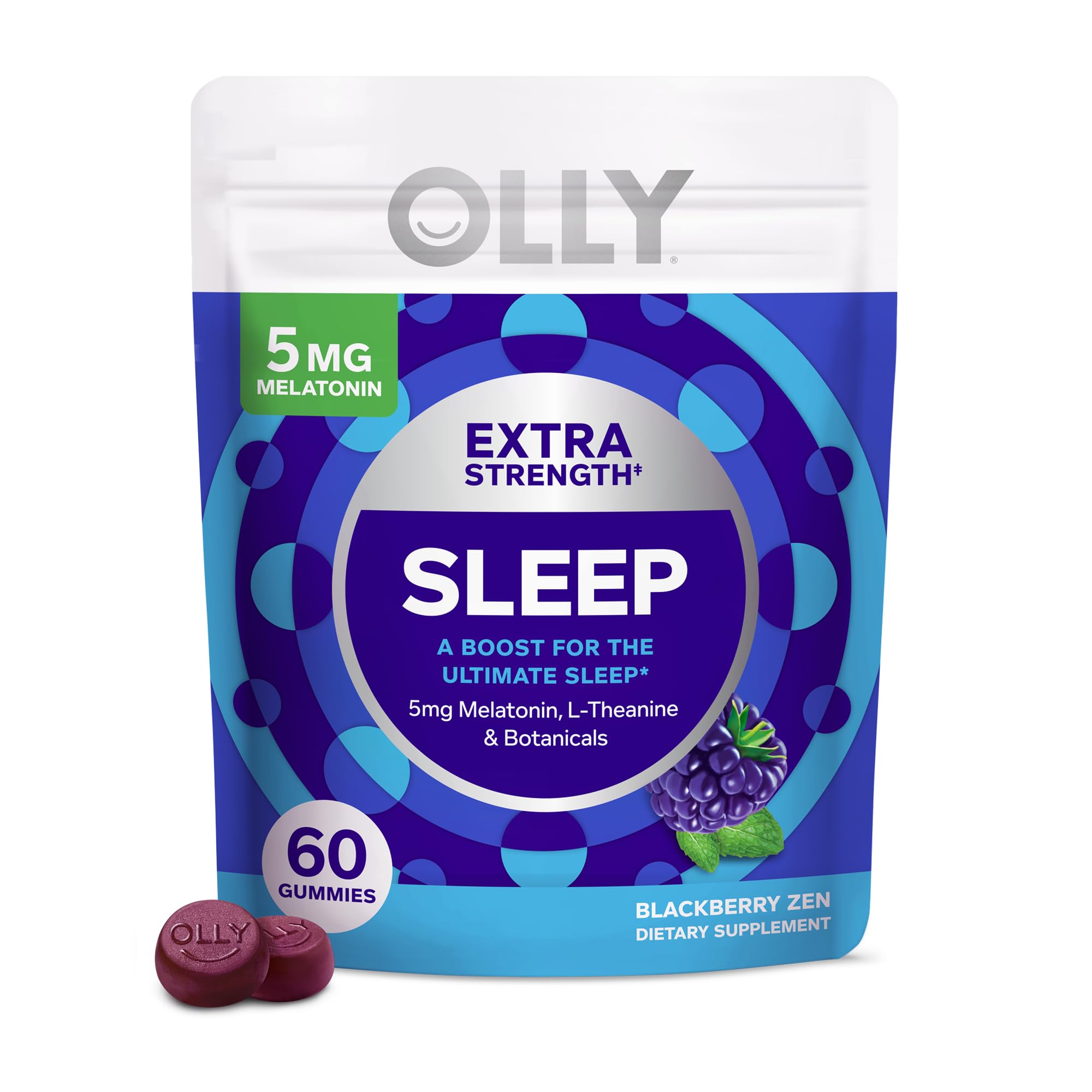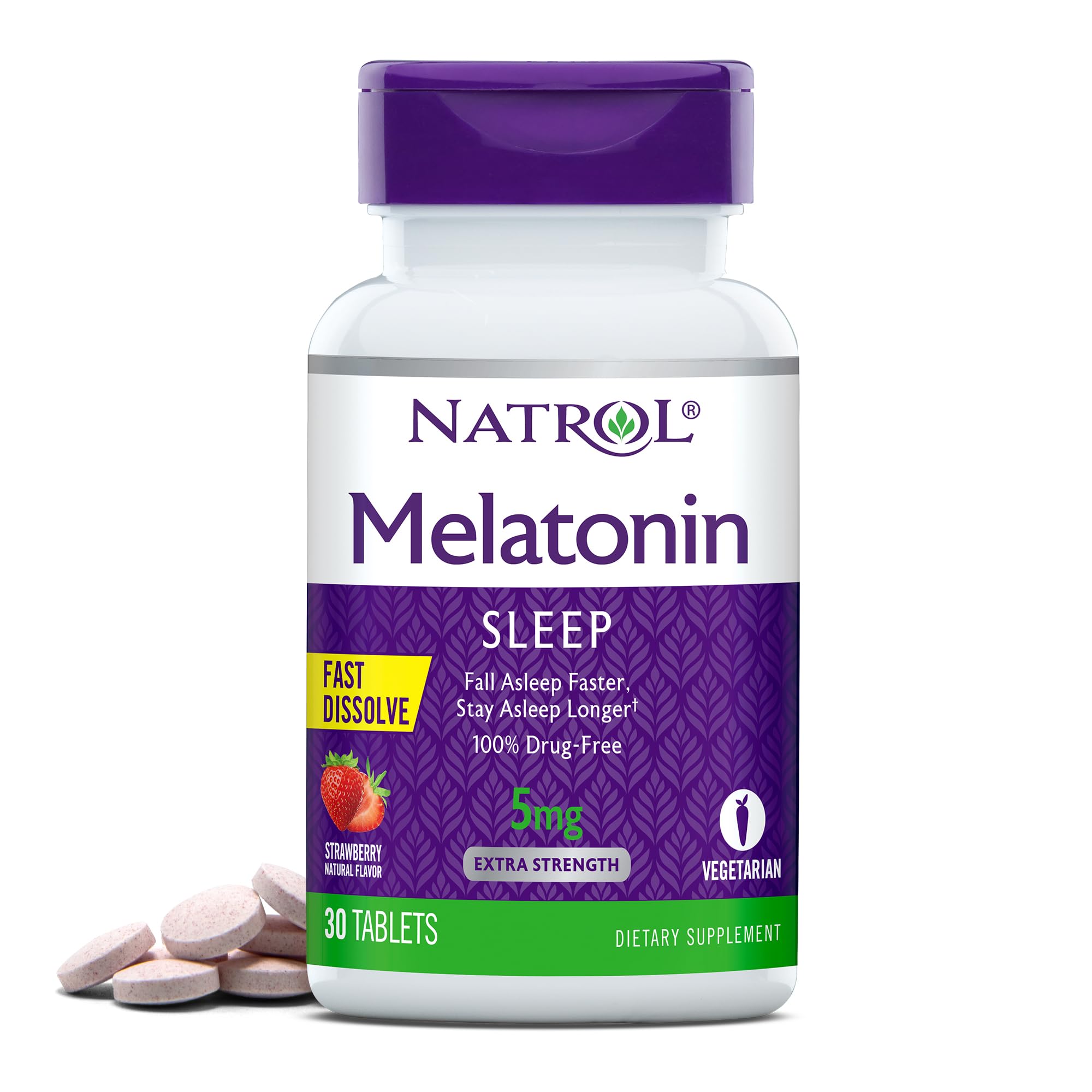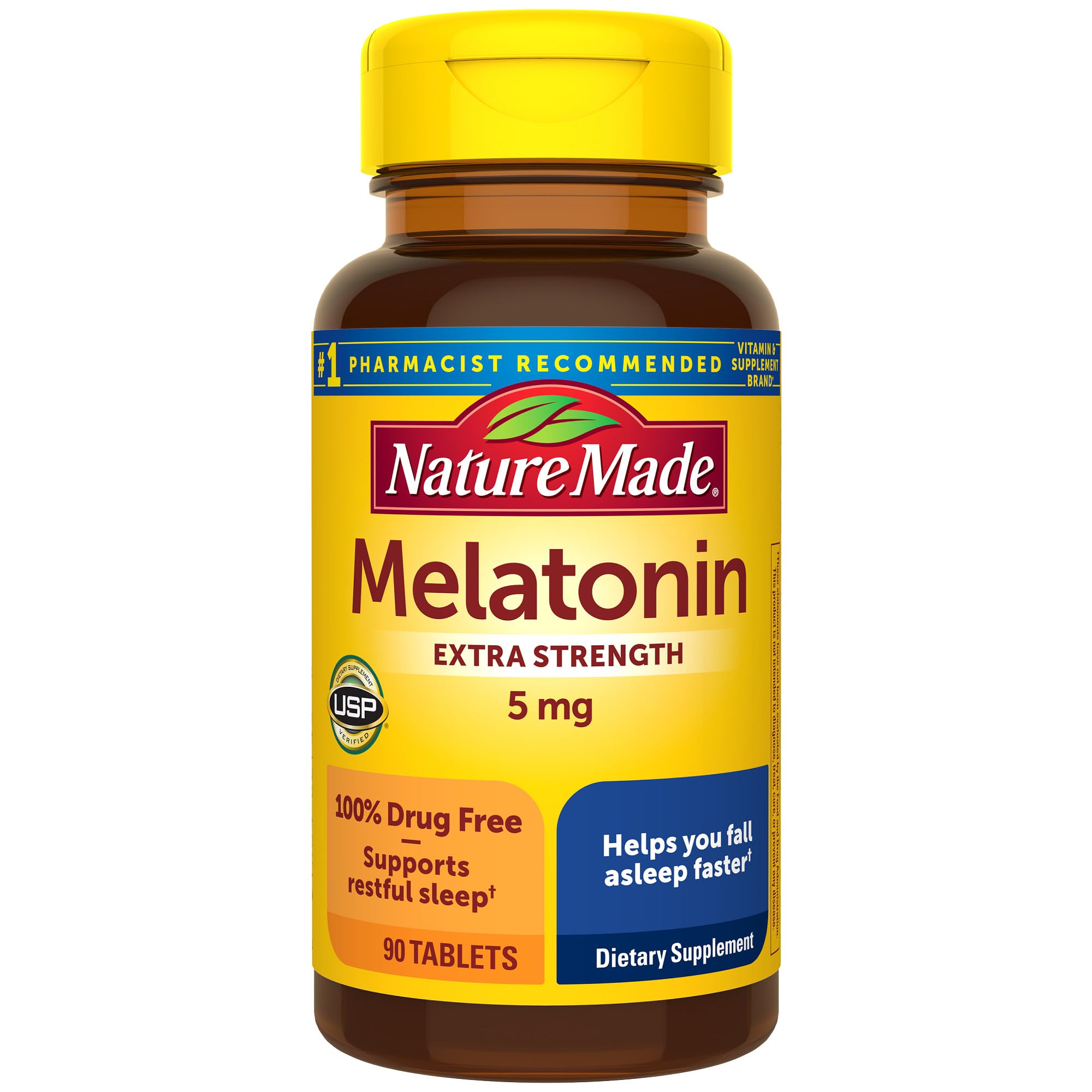Supplements

There is one hormone crucial to helping you sleep: melatonin. It helps your body relax and prepare to sleep.
Melatonin supplements are a commonly used non-prescription sleep aid. If you frequently struggle with sleep, you may find that melatonin supplements improve your sleep quality.
See how your sleep quality stacks up.
Start here to get a baseline on how well you sleep and where you can improve.
The Basics of Melatonin
Melatonin doesn’t make you sleep – it helps you prepare to sleep. When it gets dark at night, your body begins to create melatonin to help you relax.
How a Melatonin Supplement Works
A melatonin supplement works like natural melatonin. You take it an hour or two before you go to bed so it can promote relaxation, helping you fall asleep.

Preparing for a Conversation with a Sleep Doctor
Meeting with a sleep doctor can be an ideal way to understand and address problems you’re experiencing with sleep. It’s important to go to that appointment prepared. Learn what to know and do to get the most out of this valuable consultation.
Learn MoreHow to Choose a Supplement
- Form of Supplement: Select the supplement form that aligns with your preference and lifestyle. The form of the supplement can vary from pills to capsules, with some people finding dissolvable or gummy forms easier to take.
- Dosage: Dosage is key and should be tailored to individual needs, often starting with the lowest effective dose. For instance, melatonin supplements can range from 0.5 mg to 5 mg or more.
- Talk to a Doctor: Its always wise to consult with a healthcare professional to determine the appropriate dosage, considering factors like body weight, age, and and sensitivity to supplements can influence how much you should take.
Different Types of Supplements
- Melatonin: Known for regulating sleep-wake cycles, commonly used to aid in sleep onset.
- Magnesium: May help with relaxation and muscle tension.
- L-theanine: Found in green tea, it can aid in relaxation without causing drowsiness.
Who Might Benefit from Supplements
- Occasional Sleep Disturbances or Mild Insomnia: These individuals may find natural sleep aids like melatonin beneficial.
- Jet Lag or Irregular Schedules: Those facing jet lag or irregular work schedules, such as shift workers, may find relief in supplements that help reset their internal clocks.
- Stress or Anxiety-Related Sleep Issues: Supplements promoting relaxation, such as L-theanine or magnesium, may be helpful for those with sleep disturbances linked to stress or anxiety.
Who Would Not Benefit from Supplements
- Children and Adolescents: Seek the guidance of your doctor before using.
- Pregnant or breastfeeding women.
- Individuals with autoimmune diseases.
- People with severe mental health disorders.
- Individuals taking certain medications: Melatonin can interact with various medications, including blood thinners, immunosuppressants, diabetes medications, and birth control pills. People on these medications should consult with a healthcare provider before taking melatonin.
- People with epilepsy or other seizure disorders.
- Individuals with dementia or cognitive impairment.
- Those with a history of allergic reactions to supplements.

Relevant Research - Melatonin
Melatonin supplements, integral in regulating sleep-wake cycles, have been extensively studied, but the medical consensus on their efficacy remains mixed. Research has explored their use in various contexts, including sleep initiation, daytime sleepiness, jet lag, and insomnia. A meta-analysis offered a weak recommendation for melatonin use in promoting sleep in healthy individuals and improving daytime sleepiness. However, it was inconclusive regarding melatonin's effectiveness in adjusting hormonal phase shift changes in healthy people. Additionally, the evidence supporting its use for managing jet lag was weak. For individuals with insomnia, melatonin received a weak recommendation, suggesting some situational benefits but not a universal solution for sleep issues (Nutrition).
These findings indicate that while melatonin may have potential benefits, especially in treating insomnia and alleviating jet lag, its overall effectiveness across a range of sleep-related conditions is not definitively established. The recommendation for melatonin use varies depending on the specific sleep issue and the individual's health profile, underscoring the need for a personalized approach when considering its use for sleep enhancement.

.jpg)




